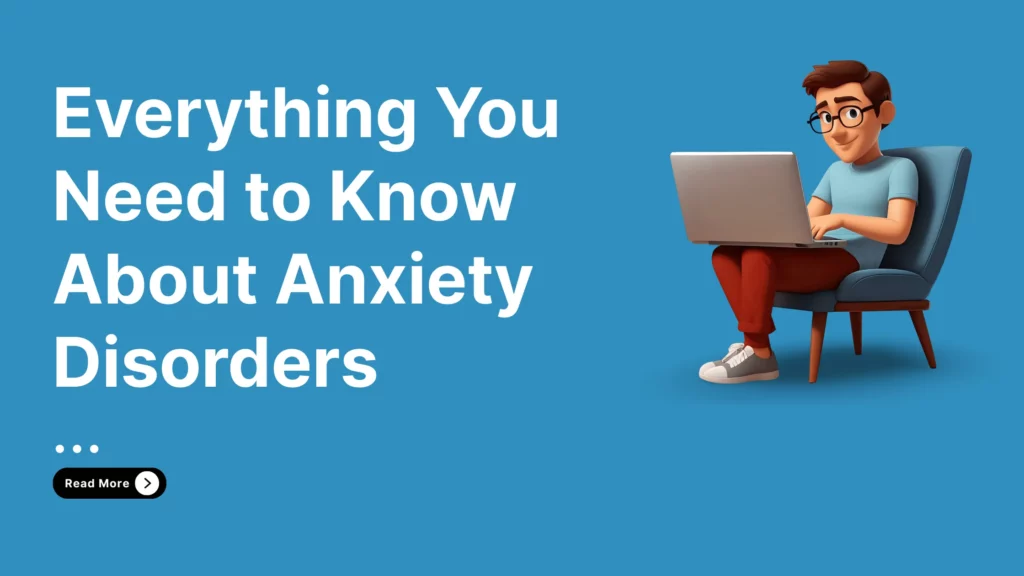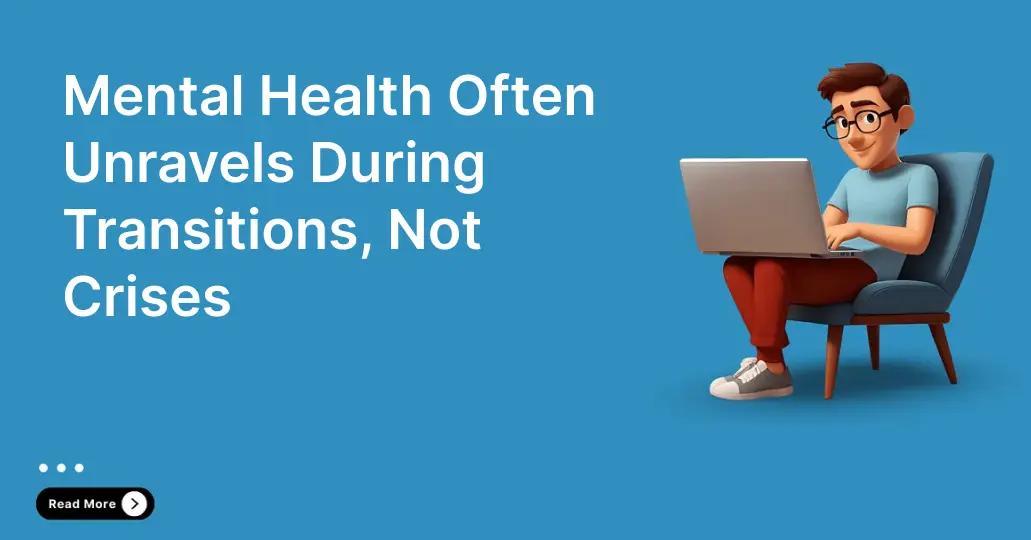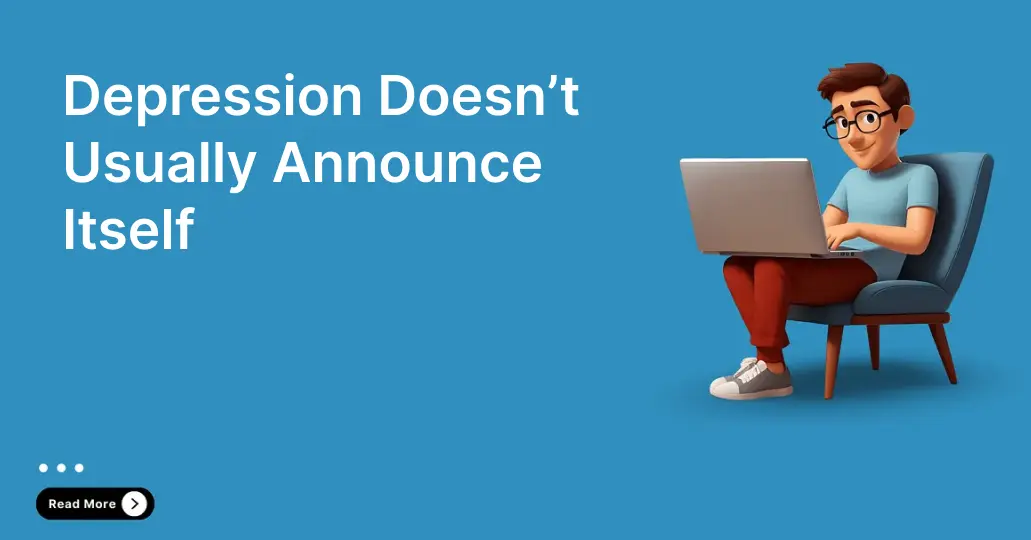

Anxiety is something most people experience from time to time. Whether it’s worrying about an upcoming exam, a job interview, or a major life event, feeling anxious can be a normal response to stress. But for millions of individuals, anxiety isn’t temporary or situational. Many require therapy or medication for anxiety and depression to manage what becomes a persistent, often debilitating mental health condition that affects every part of daily life.
Anxiety disorders are among the most common mental health diagnoses worldwide. They take many forms, and no two people experience anxiety in the same way. Some may have racing thoughts and chest tightness, while others feel chronically restless, easily overwhelmed, or emotionally shut down.
An anxiety disorder is a mental health condition characterized by excessive fear or worry that is difficult to control. This worry goes beyond typical nervousness and interferes with daily functioning, affecting relationships, sleep, concentration, work, and more.
There are several types of anxiety disorders, including:
Though symptoms vary, most anxiety disorders involve both mental and physical responses, such as racing thoughts, muscle tension, sleep disturbances, and rapid heartbeat.
Anxiety activates the body’s “fight or flight” response, flooding the system with stress hormones like adrenaline and cortisol. This is useful in dangerous situations, but when this system is chronically activated, it can take a toll on both physical and mental health.
Long-term exposure to stress and anxiety has been linked to heart disease, gastrointestinal issues, weakened immunity, and even chronic pain. Mentally, it contributes to rumination, avoidance behaviors, low mood, and in some cases, substance misuse.
Psychiatrists like Gimel Health take a holistic approach to anxiety care, addressing both the physical and psychological effects of stress to help patients restore balance and long-term well-being. Understanding the mind-body connection helps individuals recognize that anxiety isn’t “just in your head”; it’s a full-body condition that deserves real attention and care.
There’s no single cause of anxiety, but several factors contribute to its development:
In many cases, anxiety develops gradually and may go unnoticed until it becomes disruptive. Early intervention makes treatment more effective and recovery more achievable.
Among the most intense anxiety conditions is panic disorder, which involves recurrent panic attacks, sudden waves of overwhelming fear that peak within minutes. These attacks may include:
Because these symptoms mimic serious health issues like heart attacks, many people end up in emergency rooms before learning they have an anxiety disorder. With proper diagnosis and treatment, panic disorder is manageable, and many people find relief through therapy and medication.
When therapy alone isn’t enough, medication can be a game-changer. Some people benefit most from a combination of approaches.
Common anxiety medications include:
The decision to begin medication for anxiety and depression should always be made with a licensed provider. Dosing and response vary by individual, and it may take time to find the right fit.
While therapy and medication form the clinical foundation of treatment, lifestyle modifications are equally important. These changes don’t replace treatment but enhance its effectiveness.
Key strategies include:
Self-care isn’t indulgent, it’s protective. Creating structure, boundaries, and space for rest plays a big role in long-term management.
Anxiety disorders may feel overwhelming, but they are highly treatable with the right combination of support and care. Whether you’re experiencing generalized worry, panic attacks, social anxiety, or trauma-related stress, help is available, and recovery is possible.
By understanding your symptoms, exploring treatment options, and making gradual lifestyle shifts, you can regain control over your thoughts, emotions, and life. No matter where you’re starting from, know this: anxiety does not define you. With support, self-compassion, and persistence, healing is well within reach.






Schedule a consultation! Provide your contact information below and we’ll get back to you as soon as we can.
We use cookies to improve your experience on our site. By using our site, you consent to cookies.
Manage your cookie preferences below:
Essential cookies enable basic functions and are necessary for the proper function of the website.
Google reCAPTCHA helps protect websites from spam and abuse by verifying user interactions through challenges.
Google Tag Manager simplifies the management of marketing tags on your website without code changes.
You can find more information in our Cookie Policy and Privacy Policy.